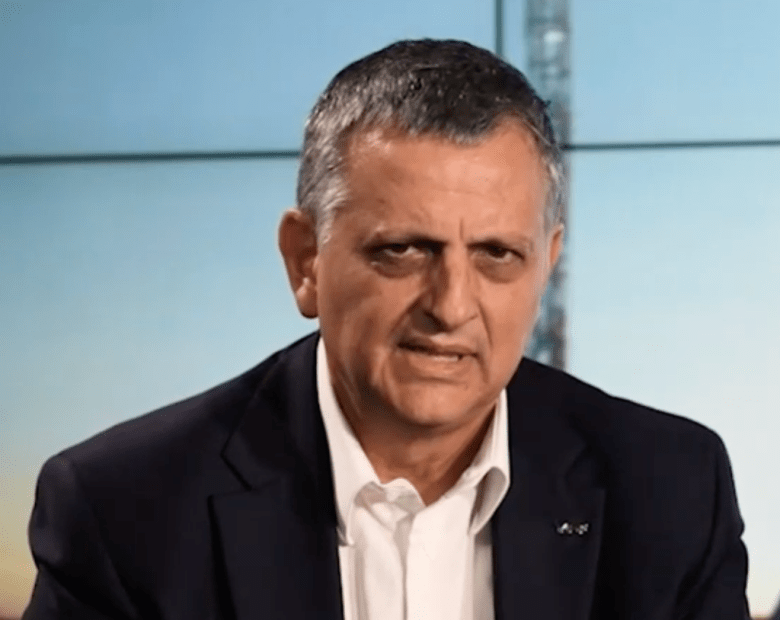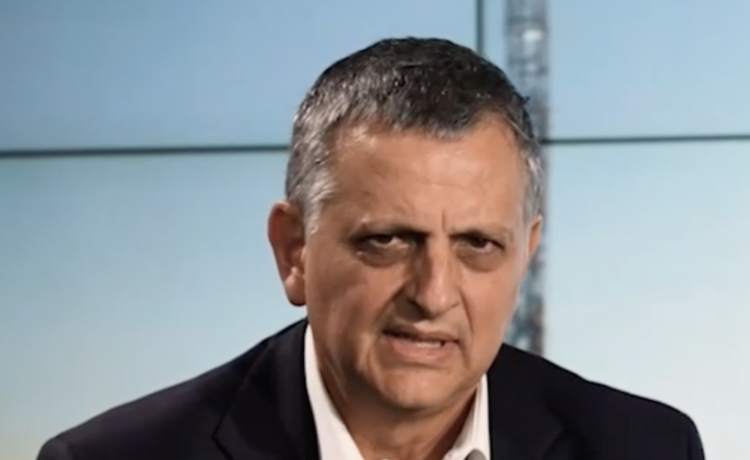
Argentina’s state-run energy company YPF plans to focus on developing its shale oil and natural gas resources to become a net exporter, helping to boost its cash flow and put it in a good position to tap the capital markets to fund future growth, CEO Horacio Marín said on Thursday.
“We expect to become a world-class shale player and a relevant exporter of crude oil and LNG by 2030,” he said on a conference call with investors.
“If we manage to do this, we will transform into a structural positive free cash-flow generator with a strong financial profile, allowing us to continue investing in long-term opportunities in the future,” Marín added.
YPF, the country’s biggest oil and gas producer, plans to step up development of the massive Vaca Muerta shale deposit, with $3 billion of its $5 billion investment plan earmarked for that business this year. Some of this will come from the sale of some 55 conventional oil and gas blocks, which Marín said will free up $800 million in capital expenditures.
The company also plans to review its holdings in affiliate companies with the possibility of selling those that are less profitable, he added.
These could include Buenos Aires gas distributor Metrogas, pipeline operator Oldelval and fertilizer maker Profertil, as well as petrochemical maker Mega and renewable power generator YPF Luz.
The proceeds will go toward building oil pipelines and export facilities in the near term and then a huge facility for exporting liquefied natural gas, beginning in 2027 and increasing to 30 million tons per year by 2030.
REBUILDING VALUE
The investments and divestments are part of a “4×4 plan” that Marín unveiled in December after being appointed CEO and chairman of the company by Argentina’s right-wing libertarian President Javier Milei. The goal is to rebuild the value of the company over the next four years, boosting the value of its American depository receipt to around $60. That would be up from a close of nearly $19 last week.
In early February, a YPF source said the divestment plan is like one carried out by Petrobras. The state-owned Brazilian company started selling mature fields and other non-core assets in 2013 to focus on developing the country’s large deep-water pre-salt play, the YPF source said at the time.
Indeed, Marín said Vaca Muerta is twice as profitable as any of its other possible investments.
He did not say when YPF could next tap the capital markets. Earlier this year, the company repurchased $138 million outstanding on its 8.75% 2024 international bonds after raising $800 million in the sale of seven-year notes.
In 2023, YPF raised most of its financing from banks and the local bond market, plus a $375 million loan led by Latin American development bank CAF.
[PHOTO: Screengrab of Horacio Marín, CEO and chairman of YPF]
















